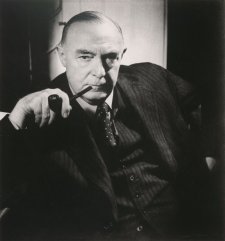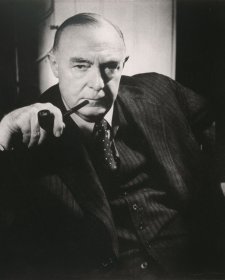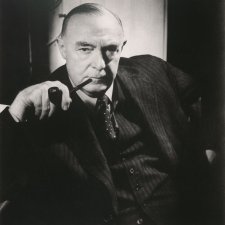- About us
- Support the Gallery
- Venue hire
- Publications
- Research library
- Organisation chart
- Employment
- Contact us
- Make a booking
- Onsite programs
- Online programs
- School visit information
- Learning resources
- Little Darlings
- Professional learning
Sir Frank Macfarlane Burnet OM AK KBE (1899–1985), medical scientist, was awarded the Nobel Prize for Medicine in 1960 for his work with Sir Peter Medawar on acquired immunological tolerance, paving the way for successful human organ transplants. That year he was the first-ever Australian of the Year. Burnet had earlier worked with Jean Macnamara to prove that there were at least two viruses causing poliomyelitis, and had isolated the Q fever bacterium, Coxiella burnetti. Much of his research was carried out at Melbourne's Walter and Eliza Hall Institute of Medical Research, where he was Assistant Director from 1928 to 1931 and Director from 1944 to 1965. During his 21-year directorial tenure, the institute became a world leader in the study of influenza virus and immunology. His successor, Sir Gustav Nossal described Burnet as 'truly a lateral thinker, but a highly disciplined one'. One of a handful of Australians to have been awarded the Order of Merit – an exclusive honour bestowed personally by the British sovereign – and one of only a dozen Australians to have been made a Knight of the Order of Australia, Burnet is the most recognised and decorated scientist to have elected to carry on his research in Australia, despite overtures from around the world.
Gift of Danina Dupain Anderson 2021. Donated through the Australian Government's Cultural Gifts Program.
© Max Dupain/Copyright Agency, 2024
Danina Dupain Anderson (47 portraits)



On one level The Companion talks about the most famous and frontline Australians, but on another it tells us about ourselves.



Johanna McMahon revels in history and mystery in pursuit of a suite of unknown portrait subjects.



Gael Newton delves into the life and art of renowned Australian photographer, Max Dupain.